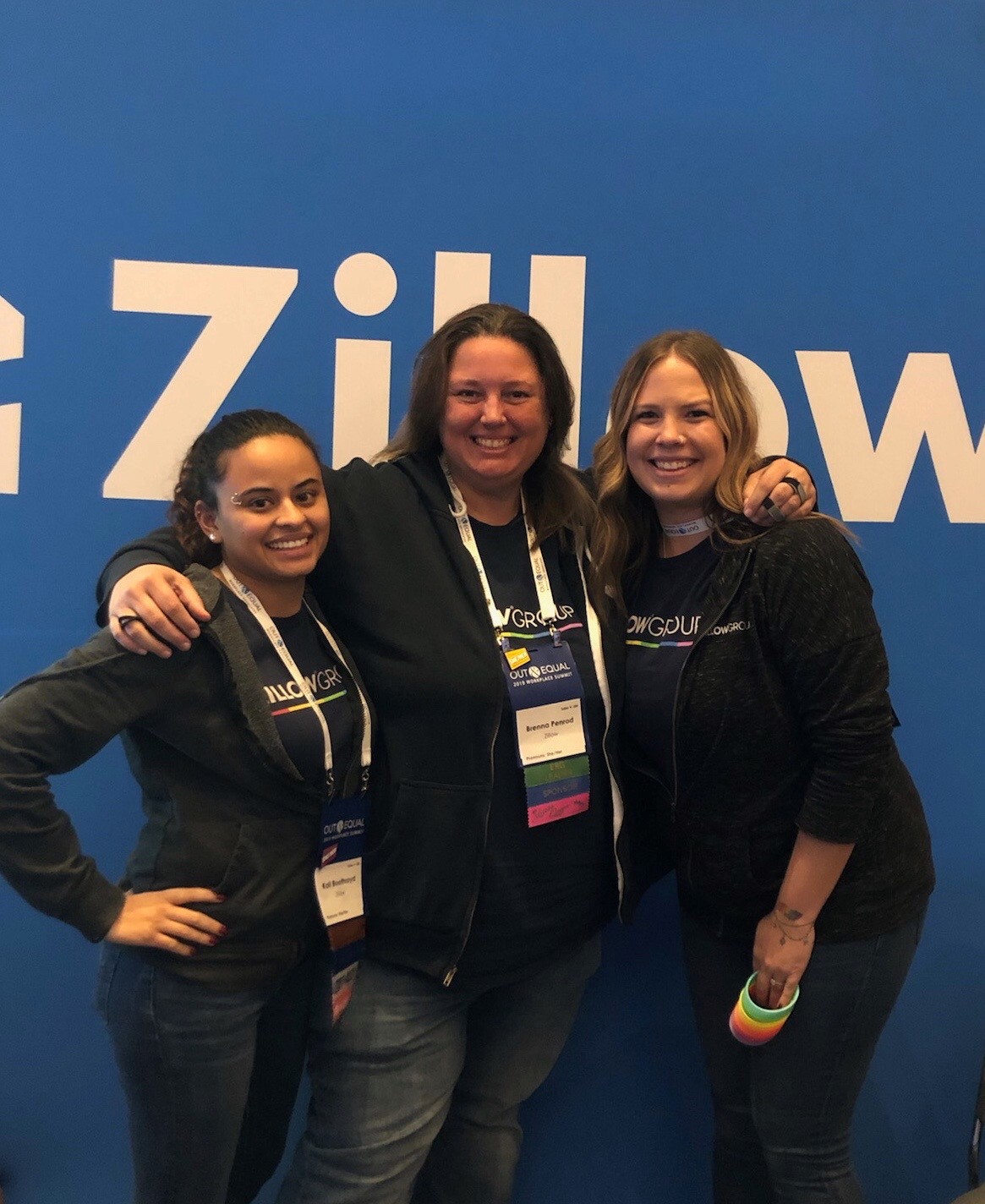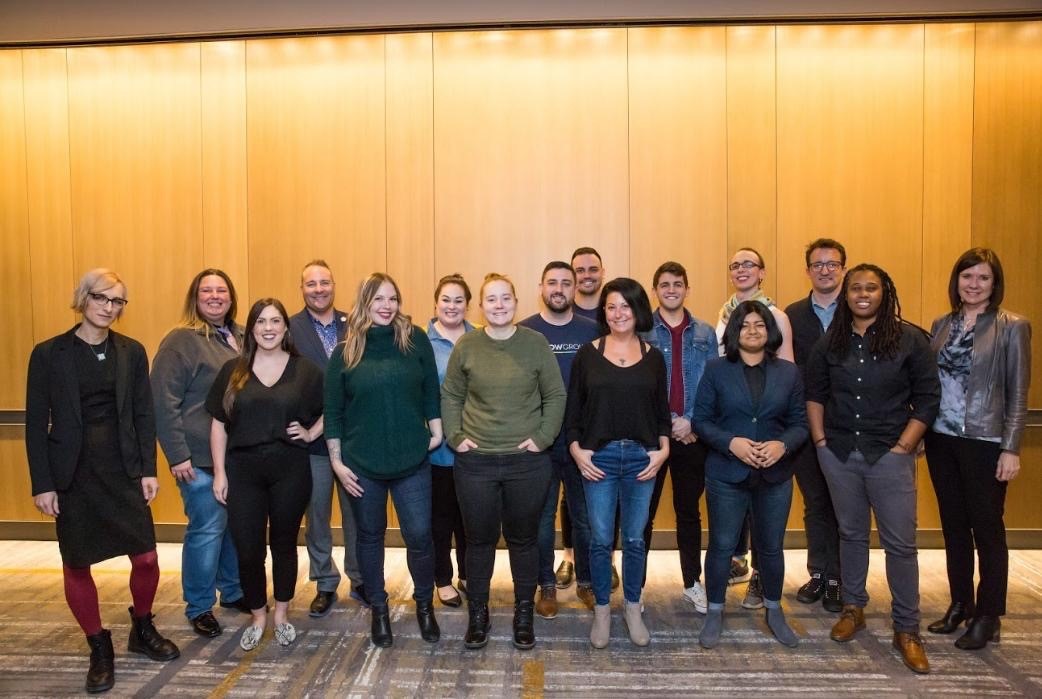I came out in 1993, when I was 17 years old. Like any teenage girl, I had a massive crush and an undying love for my girlfriend at the time. Neither one of us were out and it was all very much behind closed doors, but it was there. It was that teenage spark, that “this person is going to be my everything,” all of that. Well, that person wasn’t.
When we broke up, it hit me in a way that I know other teenage girls feel, which is just devastation, just absolute devastation. I didn’t know what to do with myself. I couldn’t really function. I had a hard time sleeping, all the things that go with dramatic teenage heartbreak. My friends were very much like, “What is wrong with you?” Everybody saw this as an end of another friendship, not a relationship. While they understood the devastation of losing a friend, they didn’t quite understand why I was having such devastating feelings about what had happened.
I knew that if I didn’t just say what was going on, it was going to eat me alive and make everyone think that there was something wrong with me. So I gambled. I come from Phoenix, Arizona, which, especially in 1993, was not exactly a warm and welcoming place for LGBTQ+ people. But it seemed like a better idea to come out and suffer the consequences of what might come from that, rather than have my inner circle think something was really, really off with me.
I pulled my best friend aside and said, “Hey, look, I know I’m acting really bizarre over what happened, and I kind of want to explain that a little bit.”
I had the feelings bubbling inside me, all the nerves, all the butterflies, all the fear. It took everything in me to just whisper out, “I’m gay.”
In that moment, I felt the weight of the world lift off my shoulders. Everything in the world became crisper and clearer, and I felt free in a way that I had never felt before. I was finally honest with not just myself, because I knew who I was at that point, but with other people, and I was honest with somebody who was very, very close to me.
I found that once I said it, I needed to say it again, so I said it to him a second time. And I knew that wasn’t going to be the only time in my life that I was going to be coming out; from that moment on, for the rest of my life, I was going to be telling people on a daily, weekly, monthly basis that I’m gay. Once somebody comes out, it doesn’t mean that they’re out and it’s over. It just means they’re out and things change within them, but over time, they’re still going to come out.

1993 was a long time ago, and here we are in 2020 and I’m still coming out all the time.
I think the most important part of the LGBTQ+ Pride Network at Zillow is it gives people a safe space, a home. There are a lot of people within the LGBTQ+ community that don’t feel safe coming out to their friends or families, so they tend to come out at work. Sometimes the Pride Network may be the only space that certain individuals can feel like themselves, and it’s fantastic that Zillow holds a space for people to truly be themselves, otherwise some of these folks may not have anywhere to go.
A good example of that is last year for Thanksgiving, the Denver Pride Network put together a Thanksgiving feast. The reason for that was because there’s a lot of people within the LGBTQ+ community that have nowhere to go. There is no going home for the holidays, so some members of the LGBTQ+ community spend holidays alone.

We called them Pridesgiving dinners, to ensure that people had a holiday meal and could celebrate Thanksgiving and have their Pride Network family around them.
This may be the only place that some people have. This is also a space for change. I want to make sure that everyone who’s a part of the LGBTQ+ family, including our allies, feel exactly that: that this is a safe space, and that we’re all family.